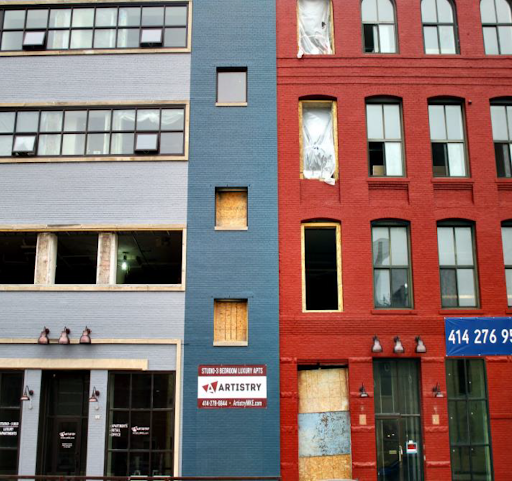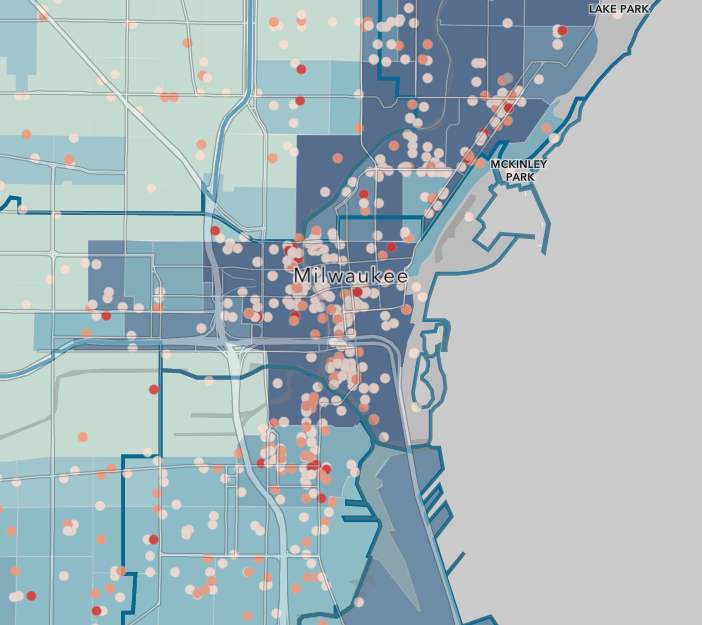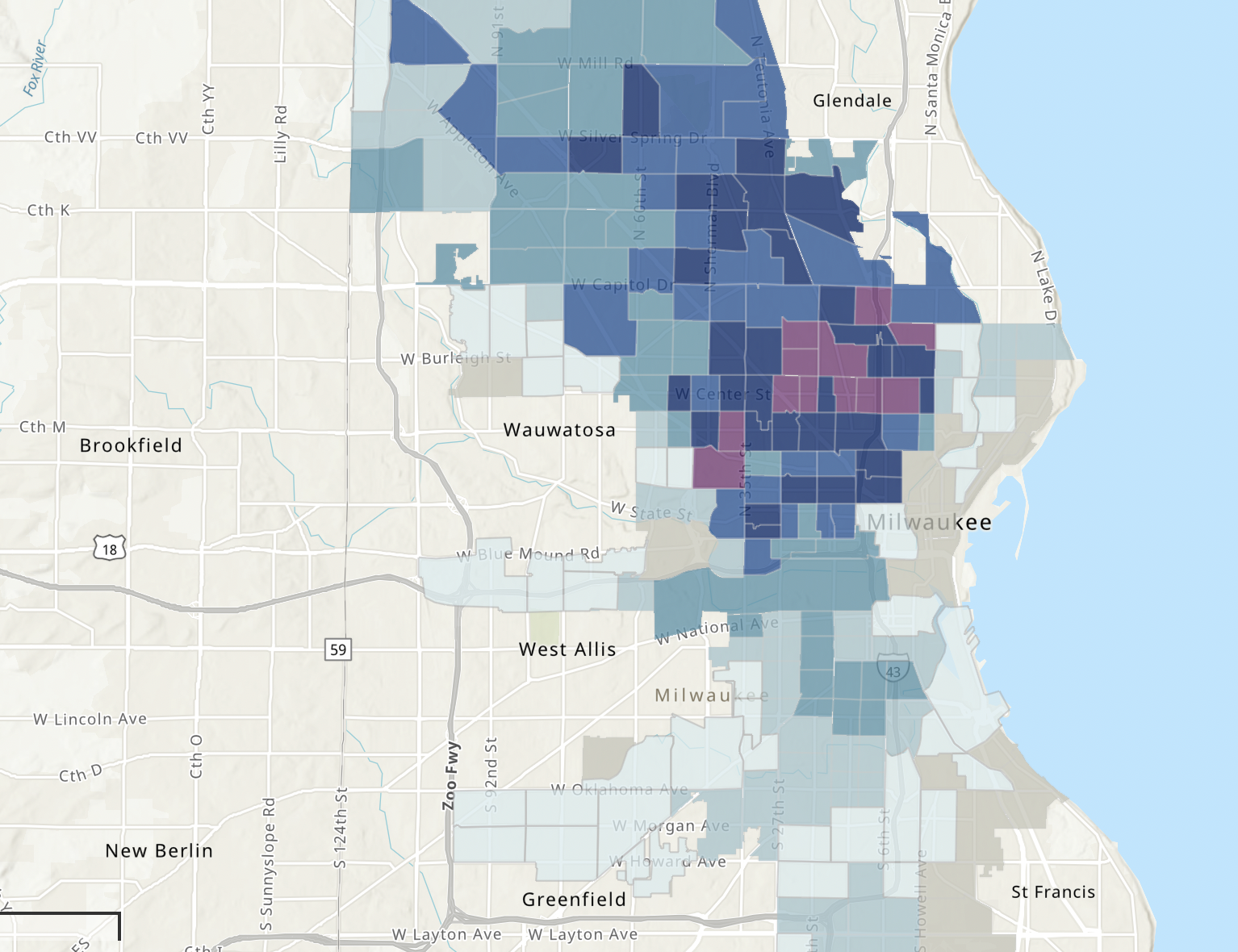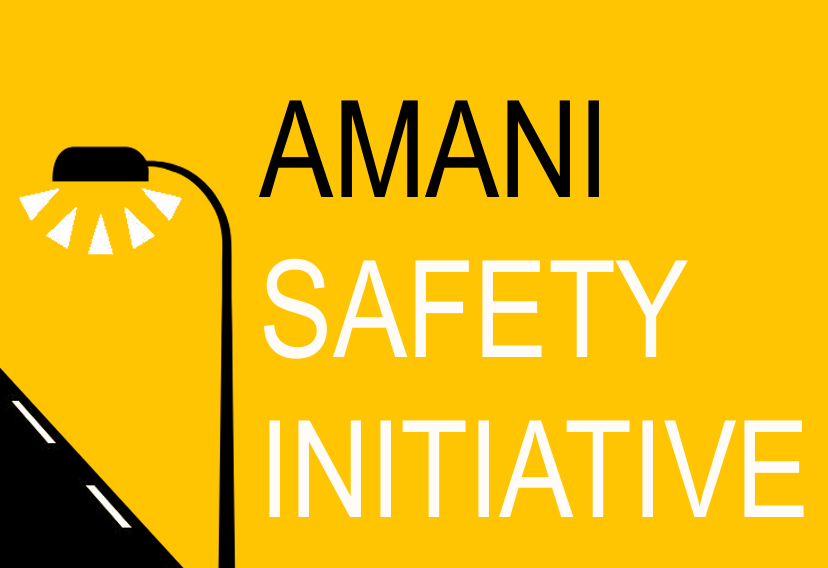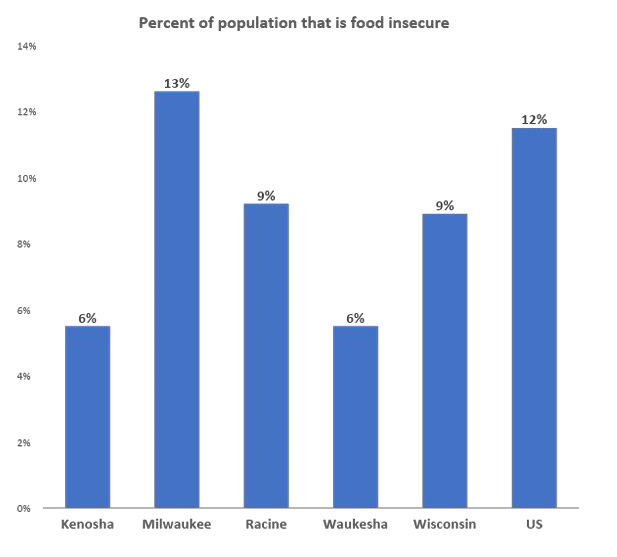Reports & Resources
Turning the Corner
Launched in January 2016, this project pilots a research model that monitors neighborhood change, drives informed government action, and supports displacement prevention and inclusive revitalization. Local teams in Buffalo, Detroit, Milwaukee, Phoenix, and Twin Cities conducted independent research to understand neighborhood change and displacement risk in their communities. The Urban Institute, funded by the Kresge Foundation, synthesized lessons across the five cities. For more information, see the cross-site study here.
This study is part of a larger national effort titled Turning the Corner: Monitoring Neighborhood Change for Action, a project guided by the Urban Institute’s National Neighborhood Indicators Partnership and the Funders’ Network Federal Reserve-Philanthropy Initiative.
Who's Coming Home
Project RETURN was a winner of the 2020 Data Dream Award from Data You Can Use (DYCU) with sponsorship from the Siebert Lutheran Foundation. Project RETURN (Returning Ex-incarcerated people To Urban Realities and Neighborhoods) exists to help men and women make a positive, permanent return to community, family, and friends. Project RETURN leadership wanted to know more about the characteristics of those who would be returning to Milwaukee County so that they could better prepare and advocate for adequate resources for the recently incarcerated. Their experience led them to identify housing as a primary need and studies show that stable housing is related to reduced recidivism. Read the report here.
Liquor Licenses in the City of Milwaukee
Project RETURN was a winner of the 2020 Data Dream Award from Data You Can Use (DYCU) with sponsorship from the Siebert Lutheran Foundation. Project RETURN (Returning Ex-incarcerated people To Urban Realities and Neighborhoods) exists to help men and women make a positive, permanent return to community, family, and friends. Project RETURN leadership wanted to know more about the characteristics of those who would be returning to Milwaukee County so that they could better prepare and advocate for adequate resources for the recently incarcerated. Their experience led them to identify housing as a primary need and studies show that stable housing is related to reduced recidivism. Read the report here.
Milwaukee COVID-19 Health Conditions
Created in 2021, this interactive map shows health conditions that may signal greater caution for COVID-19, mapped by census tract across the City of Milwaukee using data from the CDC’s 500 Cities Project. The map also outlines approximate neighborhood geography using Census tracts. Data You Can Use also created COVID-19 Health Digests for 16 neighborhoods across the city to help residents and elected officials better understand the risks to Milwaukee citizens with pre-existing conditions.
Amani Safety Initiative
The purpose of the Amani Safety Initiative, which was supported through a Byrne Criminal Justice Innovation grant from 2016 – 2020, was to engage residents and use data and best practices to improve police and community relations while increasing safety in the Amani neighborhood. Partners included Milwaukee Police Department, Dominican Center, Safe & Sound, LISC Milwaukee, Amani United, COA, Hepatha Lutheran Church, the District Attorney’s Office, and Data You Can Use.
Indicators of Poverty
This report, compiled in November 2020, is intended to provide a basic overview of population demographics and other indicators relating to poverty in the Siebert Lutheran Foundation service area. These indicators were selected for their relevance to the foundation’s expressed interest around poverty in the four counties of Kenosha, Milwaukee, Racine, Waukesha. Data at the national and state level have been provided for comparison.

